FREE e-book: Dozens of de-stressing tips for students AND teachers
August 29, 2017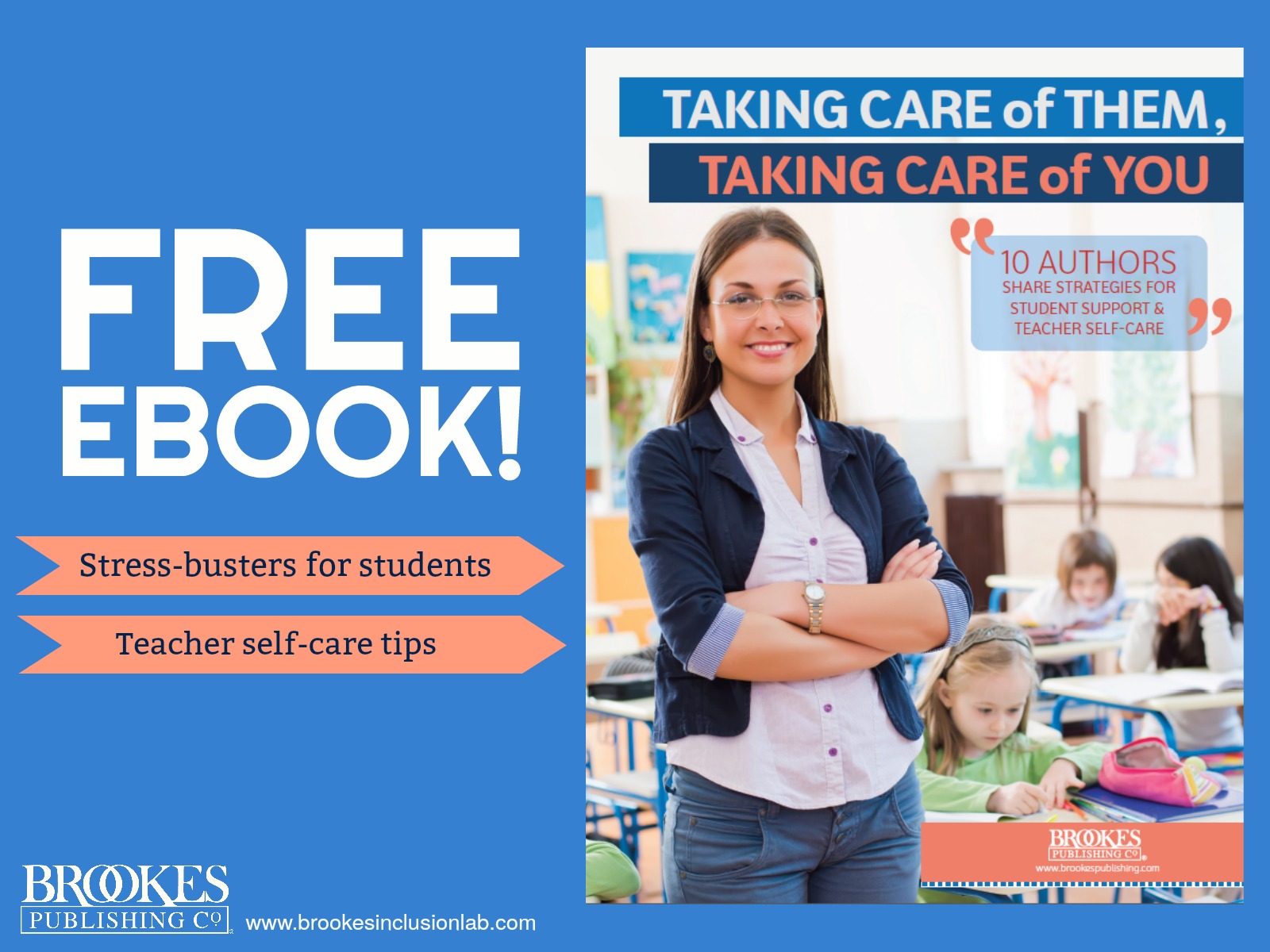
No matter where you stand on the issues facing America, one thing’s for sure: we’re living in uncertain times, and both teachers and students are feeling the effects of it. If you’re a teacher, you might be starting this new school year feeling stressed and nervous, wondering how new developments in the U.S. education system might affect your school and curriculum. Your students are likely nursing their own emotional aches and pains, too–in addition to normal new-school-year nerves, they may be wrestling with their own questions and fears about the future and processing the anxiety of their parents and other adults in their lives.
Stress and anxiety can be a huge obstacle to learning. So this summer, we decided to reach out to some of our most respected authors for their best advice on helping stressed-out teachers and students.
First, we asked our experts two timely questions:
- For teachers who have observed an uptick in bullying and/or higher levels of student stress and anxiety in their classroom, what’s one real-world strategy they can use to support students struggling with social-emotional challenges?
- What are some practical ways that teachers can practice self-care in times of increased stress and uncertainty? How can they keep themselves from burning out so they can continue teaching and supporting students effectively?
They came through with some awesome tips and ideas, which we collected in a full-color booklet called Taking Care of Them, Taking Care of You. Download it for free today, and get dozens of practical student support strategies and teacher self-care strategies. We hope you’ll come away with some great ideas you can use in your classroom this year–and if you like the booklet, please share it with your fellow teachers who might need a pick-me-up.
Reminder: The Brookes Inclusion Lab is “open” all year to help you answer your most pressing questions about inclusive education. If there’s an issue you’d like to see us cover on the blog, please email the Inclusion Lab editor, Jen Lillis (jlillis AT brookespublishing DOT com) to share your suggestion!

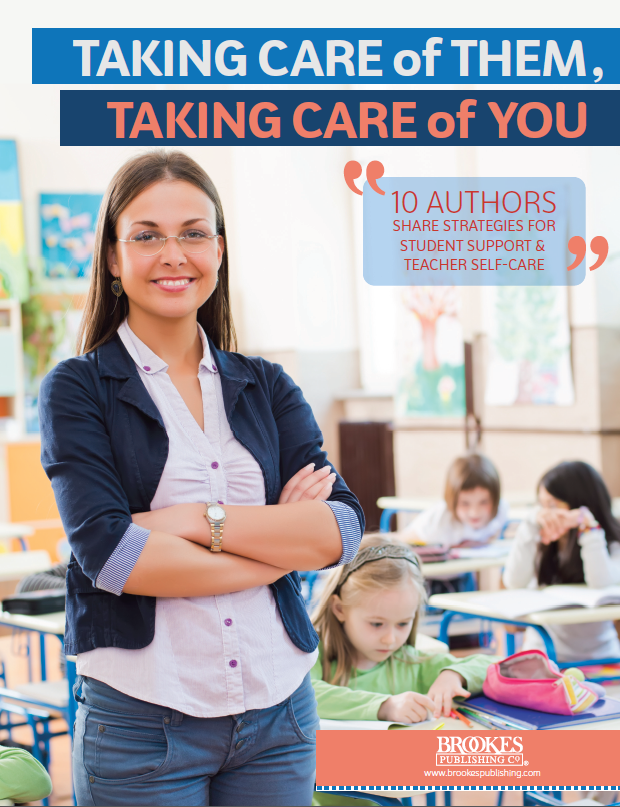
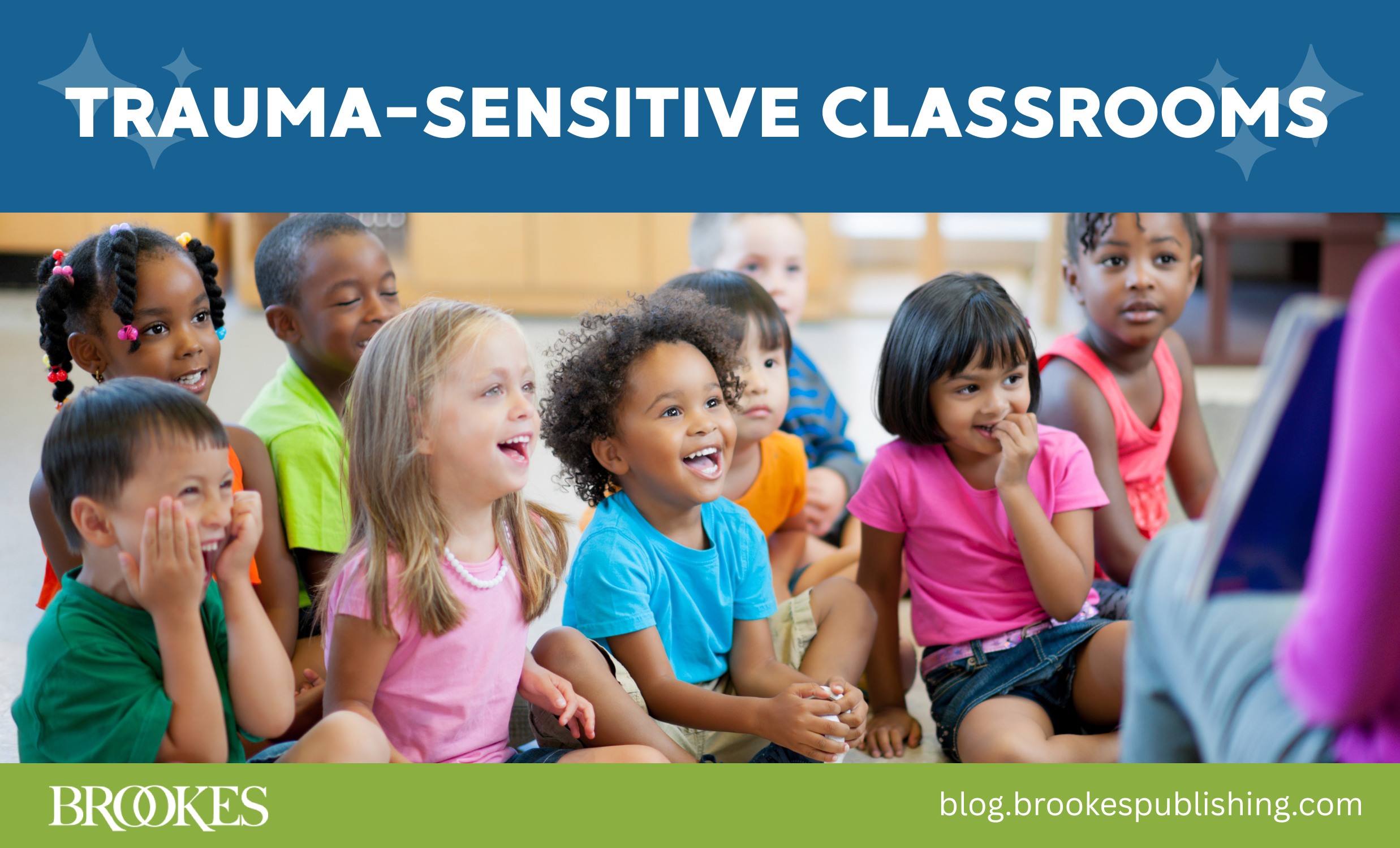
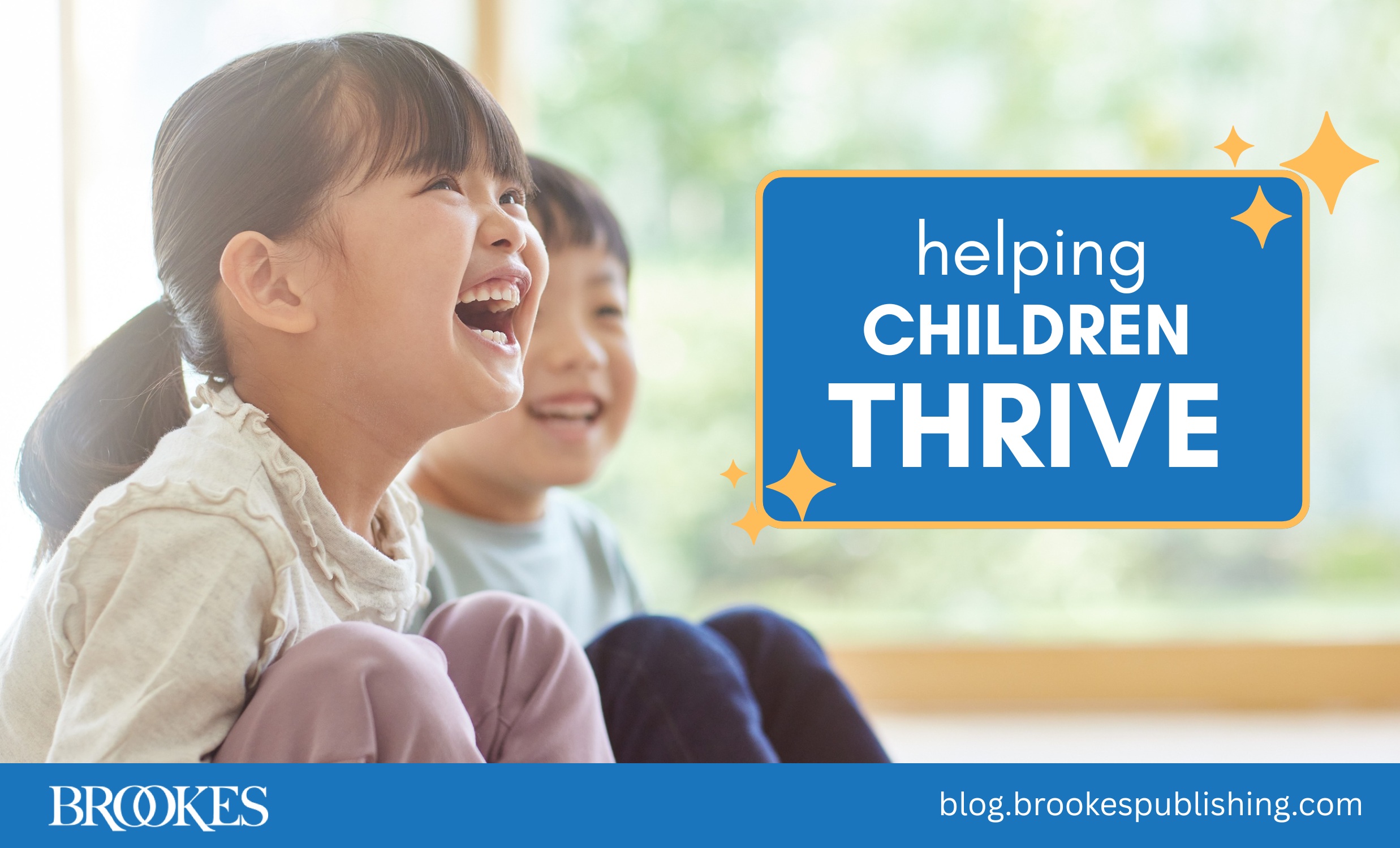
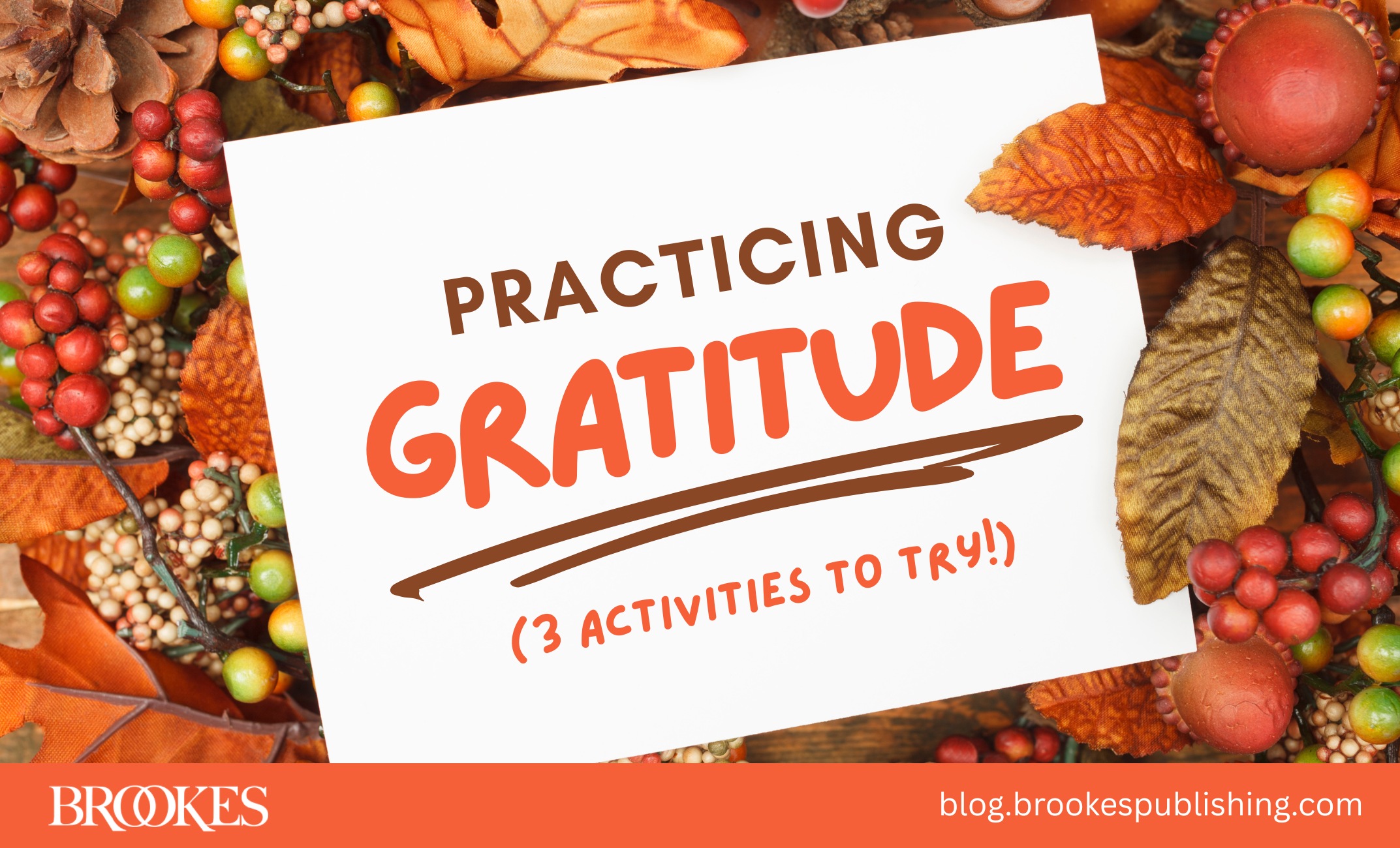
Write a Comment
Your email address will not be published. Required fields are marked *
Post a Comment